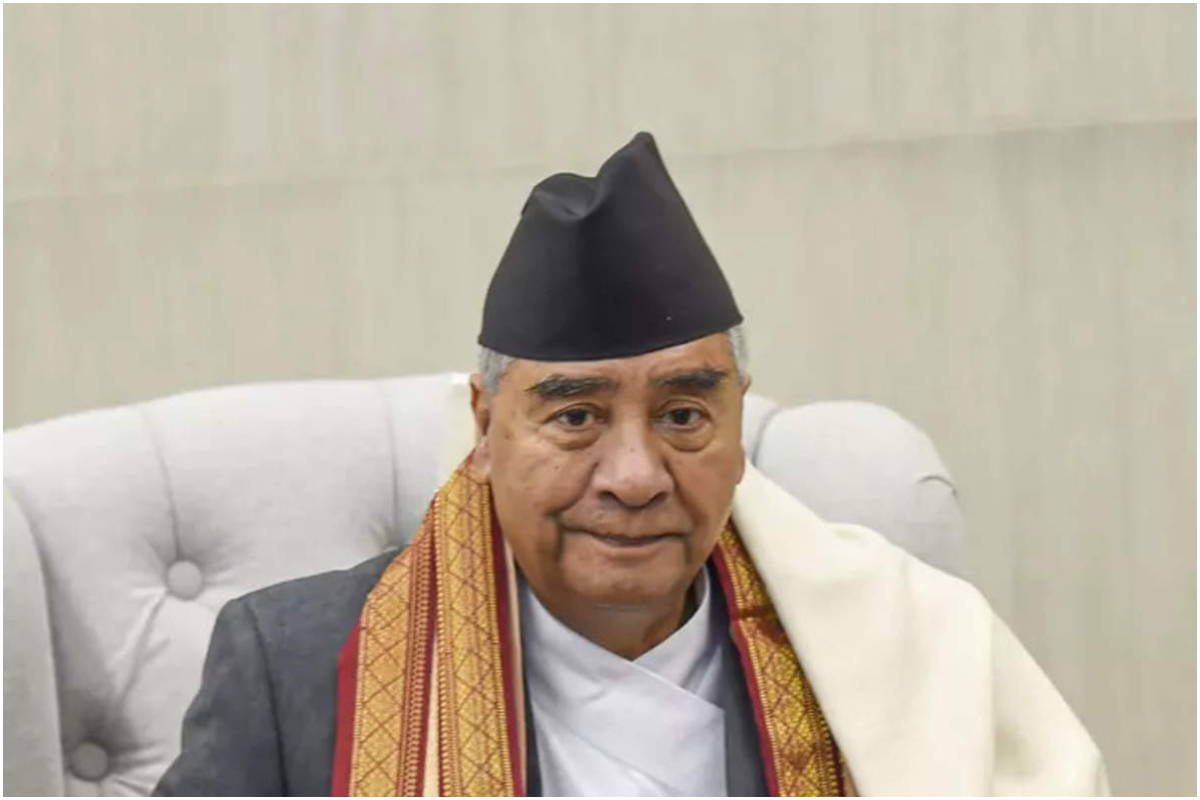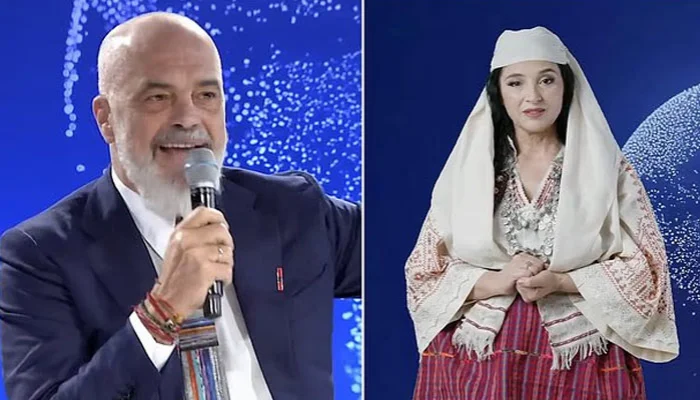- Deuba, 76, is expected to be named prime minister for the sixth time.
- Political unrest has slowed economic expansion and alarmed investors.
- The ruling alliance won 136 seats in the election out of 275 seats.
Following the unresolved national election last month, the president of Nepal on Sunday urged the country’s political parties to try to establish a new government within a week.
To create a new government, the main opposition Nepal Communist Unified Marxist-Leninist (UML) party and the ruling alliance, led by the Nepali Congress party of Prime Minister Sher Bahadur Deuba, will need the backing of smaller organisations.
Since the demise of its 239-year-old monarchy in 2008, Nepal, a nation of 30 million people sandwiched between China and India, has undergone ten changes in its political structure.
Political unrest has slowed economic expansion and alarmed investors.
In the 275-member House of Representatives, the ruling alliance won 136 seats in the election, two short of the necessary 138 seats for a majority. With their allies, the UML got 92 seats.
According to a statement from the office of President Bidhya Devi Bhandari, “Any member of the House of Representatives, who can command the majority with the backing of two or more parties” should put out a nomination for prime minister by December 25 at 5 p.m. local time.
According to Nepali Congress party spokesman Prakash Sharan Mahat, “we will negotiate the establishment of the next administration under our leadership within the (ruling) alliance and with other political parties.”
Deuba, 76, is expected to be named prime minister for the sixth time, according to him.
[embedpost slug=”pm-imran-felicitates-premier-of-nepal-on-winning-vote-of-confidence-in-parliament/”]





















